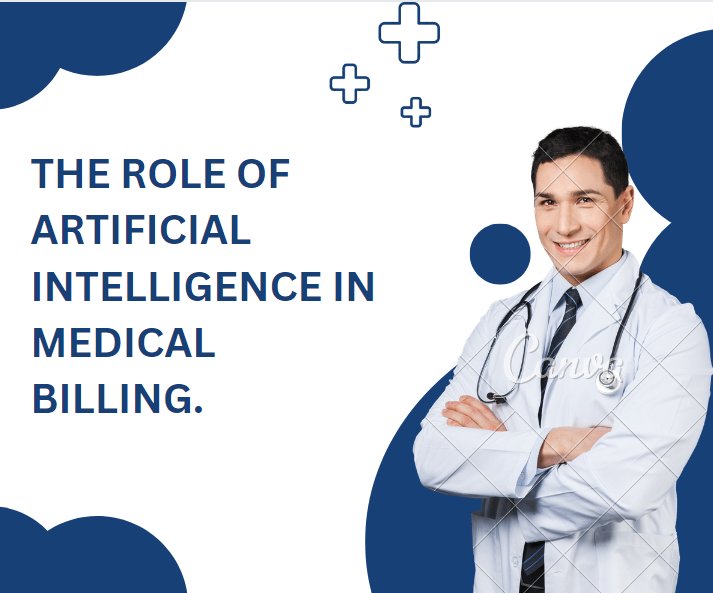
Revolutionizing Healthcare Revenue: The Unparalleled Impact of Artificial Intelligence in Medical Billing
Introduction:
In the ever-evolving landscape of healthcare, where advancements in technology are reshaping the way medical services are delivered and managed, Artificial Intelligence (AI) stands out as a game-changer. One particular area where AI is making significant strides is in the realm of medical billing. This article delves into the transformative role of AI in medical billing, exploring its benefits, challenges, and the future it promises for efficient and accurate revenue management.
I. Understanding the Basics: What is AI in Medical Billing?
Artificial Intelligence, often synonymous with advanced data processing and machine learning, is increasingly becoming an integral part of medical billing services. AI algorithms are designed to analyze vast amounts of healthcare data, identify patterns, and automate complex tasks traditionally performed by humans.
II. Streamlining Documentation and Coding:
One of the primary challenges in medical billing is accurate documentation and coding. AI-powered tools have the capability to sift through extensive medical records, extracting relevant information, and assigning appropriate codes with unparalleled accuracy. This not only reduces the risk of errors but also expedites the billing process.
III. Enhanced Accuracy and Reduced Errors:
Manual data entry is prone to errors, which can lead to claim denials and revenue loss. AI in medical billing minimizes these errors by cross-referencing data, ensuring that billing codes are accurate and compliant with industry standards. The result is a reduction in claim rejections and an increase in revenue for healthcare providers.
IV. Predictive Analytics for Revenue Optimization:
AI utilizes predictive analytics to analyze historical data and predict future trends. In the context of medical billing, this means identifying potential issues before they become problems. By forecasting payer behavior and optimizing billing processes, AI empowers healthcare providers to make informed decisions that positively impact their revenue streams.
V. Expedited Claims Processing:
Traditional medical billing processes can be time-consuming, leading to delayed reimbursements and cash flow challenges for healthcare providers. AI streamlines claims processing by automating routine tasks, enabling faster submission of claims and reducing the time it takes to receive reimbursements.
VI. Ensuring Compliance with Changing Regulations:
The healthcare industry is subject to frequent regulatory changes, and staying compliant is crucial for financial viability. AI in medical billing is equipped to adapt to evolving regulations, ensuring that billing practices remain in line with the latest standards. This adaptability reduces the risk of compliance-related issues and penalties.
VII. Challenges and Considerations:
While the benefits of AI in medical billing are substantial, it’s important to acknowledge the challenges. These may include initial implementation costs, resistance to change from existing staff, and the need for ongoing training to keep up with evolving AI technologies.
VIII. The Future Landscape:
As AI continues to evolve, its role in medical billing is expected to expand further. Innovations such as natural language processing (NLP) and chatbots are being integrated into billing systems, enhancing communication and providing real-time assistance to both healthcare providers and patients.
IX. Case Study: AI-Driven Medical Billing Services in NJ
In the bustling landscape of healthcare services in New Jersey, AI is leaving a notable mark on medical billing processes. Companies offering medical billing services in NJ are leveraging AI technologies to provide accurate and efficient billing solutions. The integration of AI has resulted in faster claims processing, reduced denials, and improved revenue cycles for healthcare providers across the state.
Conclusion:
The integration of Artificial Intelligence into medical billing services marks a pivotal moment in the healthcare industry’s journey toward efficiency and accuracy. As AI technologies continue to advance, healthcare providers and billing services in New Jersey and beyond are poised to benefit from streamlined processes, enhanced revenue optimization, and a future where manual tasks are replaced by intelligent automation.
By embracing the transformative power of AI, the healthcare industry is not just adapting to change; it is propelling itself into a future where medical billing is not only efficient but also a catalyst for improved patient care and financial sustainability



